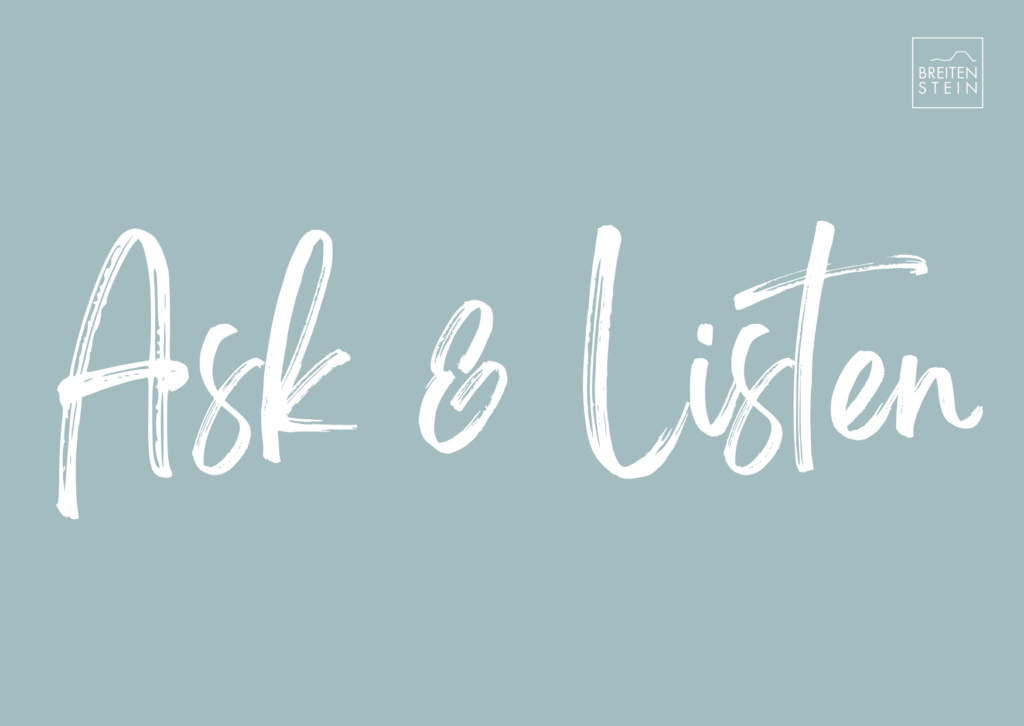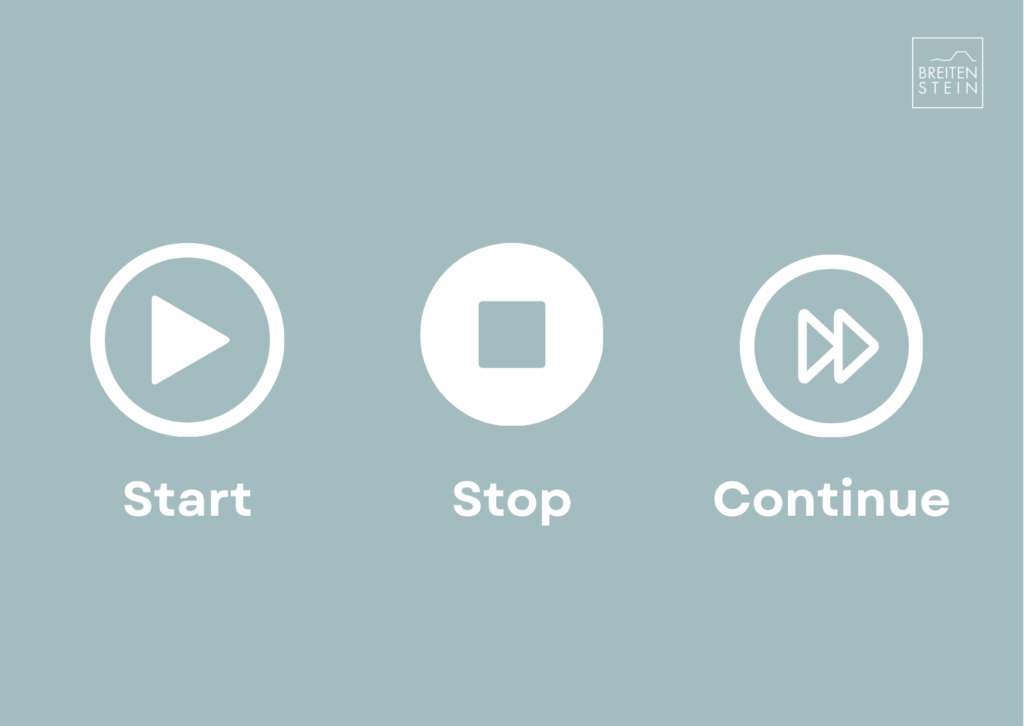“But rather?” – A small word with a big impact

It’s easy to say something negative: “I don’t like that.” “I don’t want it that way.” Many people find it easier to express their disapproval than to clearly articulate their desires. As a result, it often remains unclear what the real issue is – what the actual needs and expectations are. This is where the […]
“What went well and why?” – A small question with a big impact

In our daily work, we often tend to focus on what is not going well. However, there is a simple yet effective method for changing our focus and bringing about positive long-term change: regularly ask yourself (and others) “What went well and why?”This question consciously draws your attention to successes and at the same time […]
YES and NO – two sides of the same coin

In our professional and private lives, it often seems tempting to respond to new opportunities and projects with a resounding “Yes!” But behind every “Yes!” there is always a “No.” A “No” to the alternatives that you are thereby excluding. This principle is crucial for effective time management, prioritization, and goal-oriented work. Saying “yes” to […]
“Not yet” – a small addition with a big effect

In our daily work or in interpersonal conversations, we often hear statements like “I can’t do it” or “It won’t work.” Such sentences often reflect blockades that seem insurmountable. This is precisely where the word “yet” can make a crucial difference. Problems are solutions that have not yet been found. With the simple addition of […]
Respectful Inquiry – The Art of Questioning and Listening

Leadership is not just about making decisions and giving orders. One of the most effective techniques for increasing employee engagement and motivation is to ask open-ended questions and listen carefully – a concept known as respectful inquiry. Why open-ended questions make a difference Open-ended questions address three key needs of employees that are crucial to […]
Start – Stop – Continue: Improving team meetings through targeted feedback

The “Stop – Start – Continue” method is a simple yet effective technique for evaluating and continuously improving team meetings. It provides a clear structure that teams can use to quickly and specifically reflect on what is going well in their meetings, what should be changed and which approaches should be retained. Three steps for […]
Start – Stop – Continue: Verbesserung von Teammeetings durch gezieltes Feedback

Die „Stop – Start – Continue“-Methode ist eine einfache und zugleich wirkungsvolle Technik, um Teammeetings zu evaluieren und kontinuierlich zu verbessern. Sie bietet eine klare Struktur, mit der Teams schnell und gezielt reflektieren können, was in ihren Besprechungen gut läuft, was geändert werden sollte und welche Ansätze beibehalten werden sollten. Drei Schritte für eine bessere […]
Respectful Inquiry – Die Kunst des Fragens und Zuhörens

In der Führung geht es nicht nur darum, Entscheidungen zu treffen und Anweisungen zu geben. Eine der wirkungsvollsten Techniken, um das Engagement und die Motivation Ihrer Mitarbeitenden zu steigern, besteht darin, offene Fragen zu stellen und aufmerksam zuzuhören – ein Konzept, das als Respectful Inquiry bekannt ist. Warum offene Fragen den Unterschied machen Offene Fragen erfüllen drei […]
Besser mit Wünschen statt Vorwürfen

Im Alltag, sei es in der Partnerschaft oder am Arbeitsplatz, belasten Vorwürfe oft die Kommunikation und verschärfen Konflikte. Vorwürfe beziehen sich meist auf vergangenes Verhalten – etwas, das nicht mehr verändert werden kann – und schaffen gleichzeitig eine negative Erwartung für die Zukunft. Das führt häufig zu Missverständnissen und erschwert die Zusammenarbeit. Vorwürfe eskalieren die […]
„Noch nicht“ – Ein kleiner Zusatz mit großem Effekt

Im Arbeitsalltag oder in zwischenmenschlichen Gesprächen hören wir oft Aussagen wie „Ich kann das nicht“ oder „Das funktioniert nicht“. Solche Sätze spiegeln häufig Blockaden wider, die unüberwindbar erscheinen. Genau hier kann das Wort „noch“ einen entscheidenden Unterschied machen. Probleme sind „noch nicht“ gefundene Lösungen Mit dem einfachen Zusatz „noch“ verändern Sie nicht nur die Bedeutung […]
